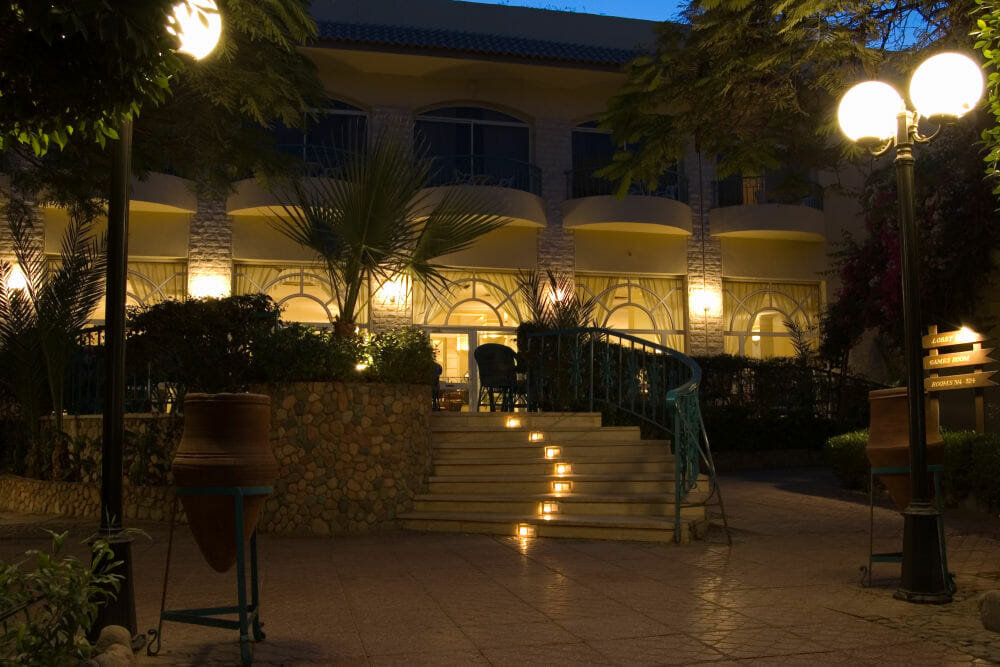
Installing LED lights could help hotels cut their energy and maintenance bills, enhance their environmental credentials, and differentiate their design; according to LED lighting entrepreneur David Kennedy and founder of Light Rabbit Ltd.
With 25% of a hotel’s electricity costs coming from lighting, organisations looking to cut their energy bills should ensure that appliances are as energy efficient as possible. Switching to low energy lighting technology such as LEDs is just one way in which hotels can save money, reduce their carbon footprint and improve the working conditions for staff and guests. Hoteliers should also note that LED bulbs can last for up to five years, drastically reducing maintenance budgets; and that because LED bulbs stay cool to the touch, further savings on energy bills can be achieved through reduced reliance on air conditioning.
 Recent advances in LED technology mean that an extremely wide variety of bulbs and fittings is now available. LEDs can be used as direct replacements in existing overhead fittings (including dimmers), as well as to provide state-of-the-art ambient and task lighting. Specialist products for bathrooms, kitchens, bars and restaurants and outdoor areas are also available. Design-led hoteliers can experiment with soft and warm shades, coloured lighting – or even waterproof LED lights installed in a bath or shower.
Recent advances in LED technology mean that an extremely wide variety of bulbs and fittings is now available. LEDs can be used as direct replacements in existing overhead fittings (including dimmers), as well as to provide state-of-the-art ambient and task lighting. Specialist products for bathrooms, kitchens, bars and restaurants and outdoor areas are also available. Design-led hoteliers can experiment with soft and warm shades, coloured lighting – or even waterproof LED lights installed in a bath or shower.
Switching to LED can also enhance hotel’s environmental credentials. Not only are energy bills reduced; their quality and longevity means less waste, and there are no ‘dirty’ chemicals involved in the production of LED bulbs – which can be safely disposed of.
 “LED lighting is an excellent choice for design-led hoteliers’’, commented David Kennedy, CEO of lighting brands LightRabbit.co.uk and LEDlights.co.uk. “It gives design teams greater flexibility and allows them to use lighting as a creative tool – creating an extra special ambiance in hotel rooms, bars, restaurants and outdoor areas. Plus LED lights can help hoteliers save on power bills – allowing for additional expenditure in other areas of the hotel.”
“LED lighting is an excellent choice for design-led hoteliers’’, commented David Kennedy, CEO of lighting brands LightRabbit.co.uk and LEDlights.co.uk. “It gives design teams greater flexibility and allows them to use lighting as a creative tool – creating an extra special ambiance in hotel rooms, bars, restaurants and outdoor areas. Plus LED lights can help hoteliers save on power bills – allowing for additional expenditure in other areas of the hotel.”
